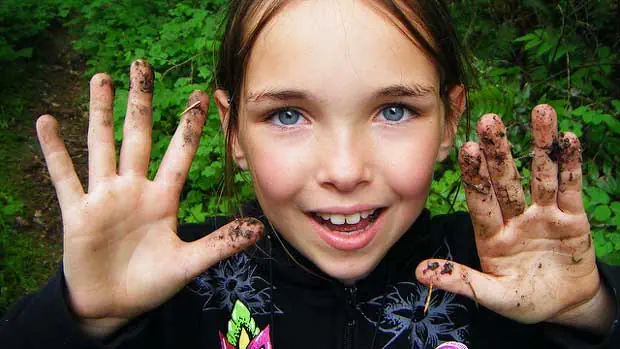
Source: New York Times
Should you eat dirt? Some physicians and immunologists believe so, anchoring their belief in the fact that the immune system actually becomes weak when it doesn’t get to interact with germs in its surroundings.
Though over the years researchers have developed more ways to improve hygiene and remove direct contact with bacteria, such as through the constant use of hand sanitizers and soaps, cooking of meats, and purification of water, the conditioning has led our immune systems to not be able to handle more intense exposure or contact with bacterias in our daily lives.
We’ve essentially “trained” the immune system to not be able to withstand germs, writes the New York Times. As a result, our immune systems react in the form allergies.
Today, the number of children with food allergies has more than doubled since 1997 and skin allergies rose by 69 percent.
Around the globe, skin allergies tripled, according to a report in the Journal of Allergy and Clinical Immunology.
“Has much of our hygiene been practical, valuable, life-preserving? Yes,” writes New York Times. “Have we overcorrected? At times.”
Read Full Story: New York Times
